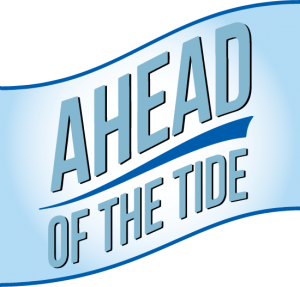The Costa Rican coastline is rich in much more than just beauty. It offers a wide variety of marine life, including fish, crustaceans and mollusks. Thousands of Costa Rican families depend on fishing as a generator of employment, income and sustenance. After years of overexploitation, fisheries have declined, aggravated by lack of infrastructure and abusive practices that translate into low purchase prices for fishermen.
As a response to this problem, the Instituto Costarricense de Pesca y Acuicultura (INCOPESCA) has started promoting science-based Responsible Fishing Marine Areas (AMPR for their name in Spanish), to increase biomass and restore populations. Based on these tools, alternatives can be developed to generate economic, social and environmental benefits for these communities.
With funds from the Walton Family Foundation, CAVU and INCOPESCA work together to facilitate the design and promotion of these AMPRs, by carrying out both overflights and the creation of an educational video to inspire coastal communities to establish and participate in the AMPRs. CAVU’s aerial surveys have enabled INCOPESCA to determine, with precision and geographical coordinates, which areas are best suited for this new management category.
To bring this concept to coastal communities, CAVU has developed a short video which tells the story of the Asociación de Pescadores Cuerderos de Palito de Chira, who 12 years ago noticed a serious decline in size and quantity of fish in their region. Concerned, they decided to take control of their future and assure the sustainability of their fishery. They established the Association and chose to limit themselves strictly to handlines, a low-impact, selective form of fishing. The area protected by this association became the first Responsible Fishing Marine Area.
CAVU’s 10 minute video/documentary will be used by INCOPESCA as an educational tool for training and outreach programs to introduce responsible fishing areas to other communities and inspire them to form their own.



